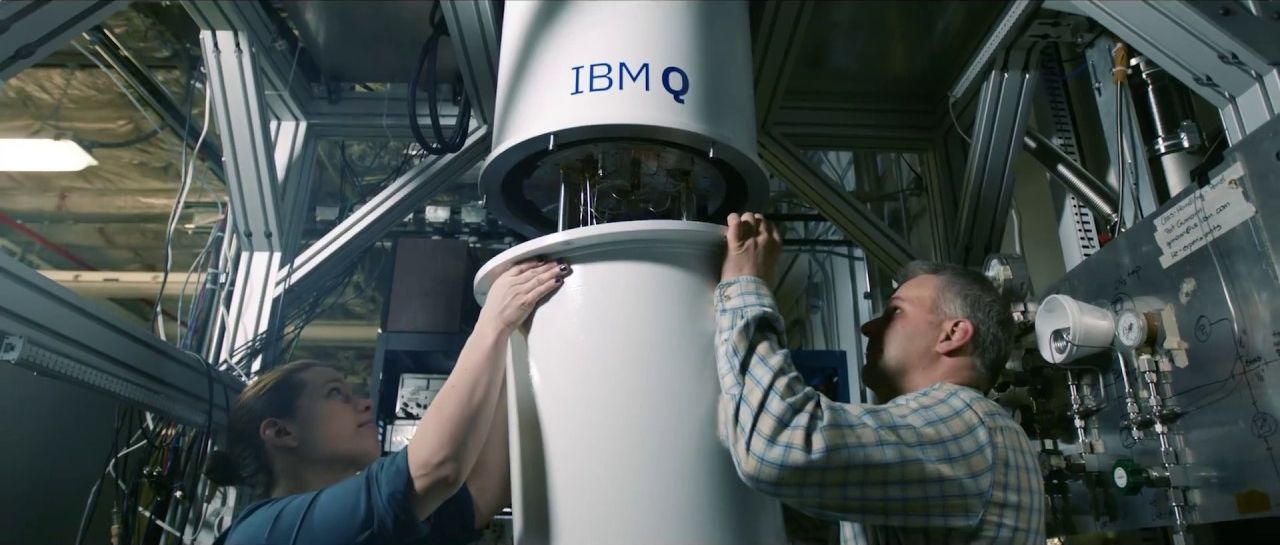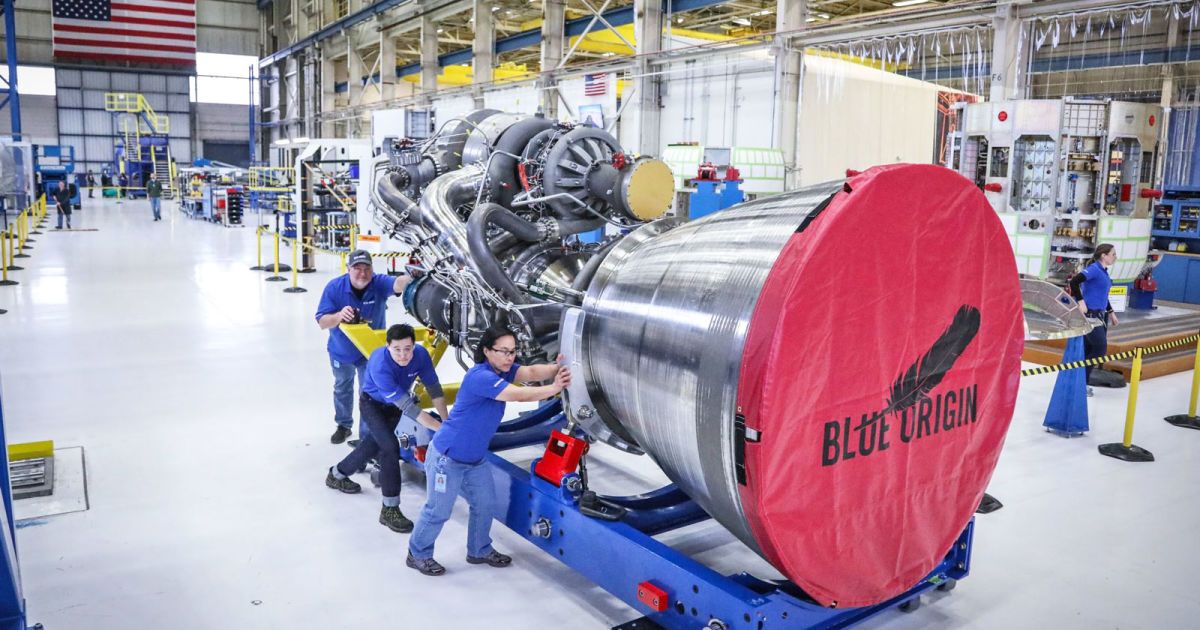Page 9996
Mar 6, 2017
Nanotechnology Combatting Global Warming
Posted by Pasha Rudenko in categories: chemistry, complex systems, disruptive technology, energy, environmental, innovation, materials, nanotechnology, Singularity University, sustainability, transportation
 Superlubricity nano-structured self-assembling coating repairs surface wear, decreases emissions and increases HP and gas mileage.
Superlubricity nano-structured self-assembling coating repairs surface wear, decreases emissions and increases HP and gas mileage.
Globally about 15 percent of manmade carbon dioxide comes from vehicles. In more developed countries, cars, trucks, airplanes, ships and other vehicles account for a third of emissions related to climate change. Emissions standards are fueling the lubricant additives market with innovation.
Up to 33% of fuel energy in vehicles is used to overcome friction. Tribology is the science of interacting surfaces in relative motion inclusive of friction, wear and lubrication. This is where TriboTEX, a nanotechnology startup is changing the game of friction modification and wear resilience with a lubricant additive that forms a nano-structured coating on metal alloys.
This nano-structured coating increases operating efficiency and component longevity. It is comprised of synthetic magnesium silicon hydroxide nanoparticles that self-assemble as an ultralow friction layer, 1/10 of the original friction resistance. The coating is self-repairing during operation, environmentally inert and extracts carbon from the oil. The carbon diamond-like nano-particle lowers the friction budget of the motor, improving fuel economy and emissions in parallel while increasing the power and longevity of the motor.
TriboTEX has a Kickstarter campaign that has just surpassed $100,000 in funding. The early bird round has just closed that offered the product at one half the cost of its retail. The final round offers the lubricant system self-forming coating at 75 percent and is ending shortly. The founder Dr. Pavlo Rudenko, Ph.D. is a graduate of Singularity University GSP11 program.
Tags: future, nanotechnology, research, singularity, technology, tribotex
Mar 6, 2017
Germany Becomes The First Nation To Ban ‘Chick Shredding’
Posted by Shailesh Prasad in category: food
Newly developed technology will determine the sex of each fertilized egg before the chick inside develops – enabling the removal of all male-identified eggs from the hatchery. This will eliminate the industry’s need to heartlessly grind male chicks once hatched.
Did you know? Every year, millions of tiny male chicks are ground up alive or suffocated because they don’t lay eggs. The little guys aren’t considered ‘commercially viable’ to even be raised for meat and, therefore, are brutally killed shortly after hatching.
It’s an unfortunate side effect of the commercial egg industry which few producers are open to talking about. One can understand why, as half of all chicks born into the egg industry are male – creating an enormous ethical issue.
Continue reading “Germany Becomes The First Nation To Ban ‘Chick Shredding’” »
Rejuvenation and population dynamics: will the defeat of ageing bring about population explosion?
This article goes to the very core of the overpopulation objection: If we defeat ageing, will we actually cause a huge spike in population? And if so, how long will it take before we reach an unsustainable population?
Mar 6, 2017
LED-it-GO: Leaking (a lot of) Data from Air-Gapped Computers via the (small) Hard Drive LED
Posted by Klaus Baldauf in categories: cybercrime/malcode, drones, encryption, internet, mobile phones
Abstract: In this paper we present a method which allows attackers to covertly leak data from isolated, air-gapped computers. Our method utilizes the hard disk drive (HDD) activity LED which exists in most of today’s desktop PCs, laptops and servers. We show that a malware can indirectly control the HDD LED, turning it on and off rapidly (up to 5800 blinks per second) — a rate that exceeds the visual perception capabilities of humans. Sensitive information can be encoded and leaked over the LED signals, which can then be received remotely by different kinds of cameras and light sensors. Compared to other LED methods, our method is unique, because it is also covert — the HDD activity LED routinely flickers frequently, and therefore the user may not be suspicious to changes in its activity. We discuss attack scenarios and present the necessary technical background regarding the HDD LED and its hardware control. We also present various data modulation methods and describe the implementation of a user-level malware, that doesn’t require a kernel component. During the evaluation, we examine the physical characteristics of different colored HDD LEDs (red, blue, and white) and tested different types of receivers: remote cameras, extreme cameras, security cameras, smartphone cameras, drone cameras, and optical sensors. Finally, we discuss hardware and software countermeasures for such a threat. Our experiment shows that sensitive data can be successfully leaked from air-gapped computers via the HDD LED at a maximum bit rate of 4000 bits per second, depending on the type of receiver and its distance from the transmitter. Notably, this speed is 10 times faster than the existing optical covert channels for air-gapped computers. These rates allow fast exfiltration of encryption keys, keystroke logging, and text and binary files.
Mar 6, 2017
IBM launches IBM Q initiative to create 50+ qubit universal quantum computer
Posted by Klaus Baldauf in categories: biotech/medical, business, chemistry, quantum physics, robotics/AI

IBM Q is an industry-first initiative to build a commercially available universal quantum computers for business and science. While technologies like AI can find patterns buried in vast amounts of existing data, quantum computers will deliver solutions to important problems where patterns cannot be seen and the number of possibilities that you need to explore to get to the answer are too enormous ever to be processed by classical computers.
IBM Q quantum systems and services will be delivered via the IBM Cloud platform and will be designed to tackle problems that are too complex and exponential in nature for classical computing systems to handle. One of the first and most promising applications for quantum computing will be in the area of chemistry and could lead to the discovery of new medicines and materials. IBM aims at constructing commercial IBM Q systems with ~50 qubits in the next few years to demonstrate capabilities beyond today’s classical systems, and plans to collaborate with key industry partners to develop applications that exploit the quantum speedup of the systems.
Continue reading “IBM launches IBM Q initiative to create 50+ qubit universal quantum computer” »
Mar 6, 2017
Amazon Chief Bezos Expected to Unveil Further Private Space Exploration Plans
Posted by Klaus Baldauf in categories: robotics/AI, space travel
The burgeoning space-transportation company owned by Amazon.com chairman Jeff Bezos this week is expected to announce some customers and new initiatives, the latest step toward its long-term goal of building rockets powerful enough to penetrate deep into the solar system, according to industry officials.
Continue Reading Below
The moves by the typically secretive Mr. Bezos, these officials said, are anticipated to disclose further details about Blue Origin LLC’s strategy to create a family of reusable rockets initially intended to take tourists on suborbital voyages, and then propel spacecraft into Earth’s orbit and eventually blast both manned and robotic missions to the Moon and various planets.
Continue reading “Amazon Chief Bezos Expected to Unveil Further Private Space Exploration Plans” »
Mar 5, 2017
In the face of danger: ESCHER, Virginia Tech’s firefighting robot primed for extreme heat conditions
Posted by Dan Kummer in categories: engineering, robotics/AI
Virginia Tech’s Visual Arts Department and Engineering Department have been joining forces to design ESCHER, a firefighting robot.
ESCHER was originally created at the beginning of 2015 in the Terrestrial Robotics Engineering and Controls Laboratory. ESCHER is short for Electronic Series Compliant Humanoid for Emergency Response.
“The special application for this project is the idea that ESCHER could go on naval ships and fight fires and go places that would normally be hazardous to humans,” said Meaghan Dee, assistant professor and chair of Visual Communications. “If you think of something like the Fukushima Disaster, you could have just sent in a robot, and that’s what these emergency robots are designed to do.”
Mar 5, 2017
Are We Ready for Cyborgs? The Tech Is on Its Way
Posted by Klaus Baldauf in categories: computing, cyborgs
Are we ready for cyborgs? More specifically, people with implants that enhance beyond the superficially cosmetic and into the realms of evolved beings?
Jorge Pelegrín-Borondo (Universidad de La Rioja), Eva Reinares-Lara (Universidad Rey Juan Carlos) and Cristina Olarte-Pascual (Universidad de La Rioja), in cooperation with Professor Kiyoshi Murata, from Meiji University in Tokyo, believe society is ready for this melding of (hu)man and machine.
The Spanish academics’ report “Assessing the acceptance of technological implants (the cyborg): Evidences and challenges” has just been released in the scientific journal Computers in Human Behavior. The report shows a significant proportion of those surveyed are comfortable with the coming cyborg modifications. The group are also collaborating with other academics across the world, including Professor Kiyoshi Murata, for a comparative cross-cultural study roundtable at the 2017 ETHICOMP conference this summer in Turin, Italy.
Continue reading “Are We Ready for Cyborgs? The Tech Is on Its Way” »
















